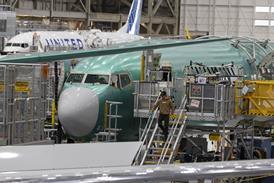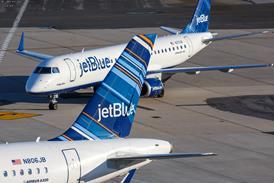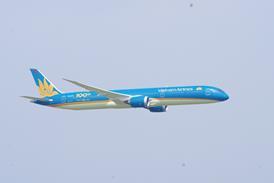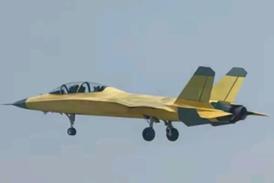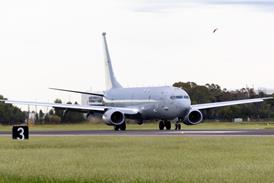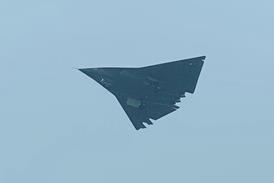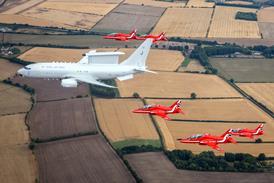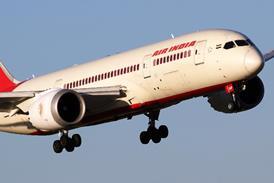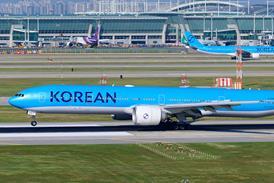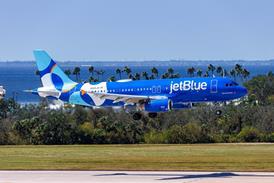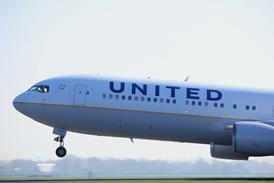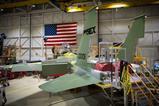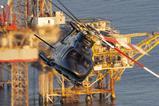The defence wing of European airframer Airbus is working on a bid to replace Portugal’s ageing Lockheed Martin F-16A/Bs with Eurofighter Typhoons.
Airbus Defence & Space on 27 October said it has signed a memorandum of understanding with the Portuguese Cluster for Aeronautics, Space and Defence Industries (AED) to cooperate on an “industrial proposition” for Lisbon’s upcoming fighter replacement programme.
The Portuguese air force operates 21 frontline F-16As and four two-seat F-16B trainers, ranging in age from 31- to 42-years old.
A year ago it seemed likely that Lisbon would opt for the Lockheed’s latest F-35A stealth fighter to replace its legacy F-16s, in line with several other European allies.
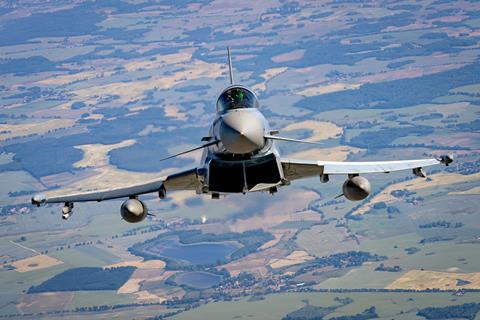
However, in March, Portugal’s defence minister suggested the country would look elsewhere for its next tactical fighter, citing concerns about the USA’s commitment to the NATO alliance.
“There are several options that have to be considered, namely in the context of European production and also taking into account the return that these options may have for the Portuguese economy,” defence minister Nuno Melo said at the time.
Political leaders in Canada similarly appear to be searching for an F-35 alternative, although top defence officials in Ottawa are still cautiously supporting the country’s original plan to buy 88 of the stealth jets.
Airbus is already leaning into the idea of local production with its early Eurofighter pitch to Portugal.
“In a time where European sovereignty and industrial autonomy is at the forefront of our strategy, Airbus strongly believes that the Eurofighter is the best option for this replacement,” says Jose Luis de Miguel, head of the European region for Airbus Defence & Space.
Portugal already operates 11 of Airbus’ C295 military transports, five of which are configured for maritime patrol.
AED president Jose Neves touted that existing cooperation between Airbus, Lisbon and Portuguese domestic industry.
“This memorandum of understanding strengthens international cooperation and positions Portuguese industry in global value chains, fostering a more collaborative, innovative sector that is prepared for technologically demanding programmes,” he says.
The Eurofighter is the largest single defence programme in Europe, employing 100,000 people across Germany, Italy, Spain and the UK. Airbus represents the German and Spanish portions of the consortium, with a combined 46% ownership.
The UK’s BAE Systems has a 33% stake, while Italian manufacturer Leonardo controls 21%. Over 400 companies supply the programme.
The multi-role Typhoon fighter is currently in service with nine countries, with Turkey signing on to become the 10th operator the same day that Airbus signed the Portuguese agreement.
Turkey plans to field 20 of the jets, adding to the more than 730 orders over the life of the multi-national programme that includes the air forces of the four partner nations, plus export customers Austria, Oman, Qatar, Kuwait and Saudi Arabia.
While Portugal is citing local control and production as a main consideration in looking askance at the F-35, other European customers are nonplussed.
Belgium upped its F-35A commitment by an additional 11 aircraft after securing terms with Lockheed that will allow those jets to undergo final assembly at a Leonardo facility in Cameri, Italy – one of three F-35 final assembly and check out facilities worldwide.
The other two sites are in Nagoya, Japan and the main production line in Fort Worth, Texas, where Belgium’s initial crop of F-35s are are already being delivered.


